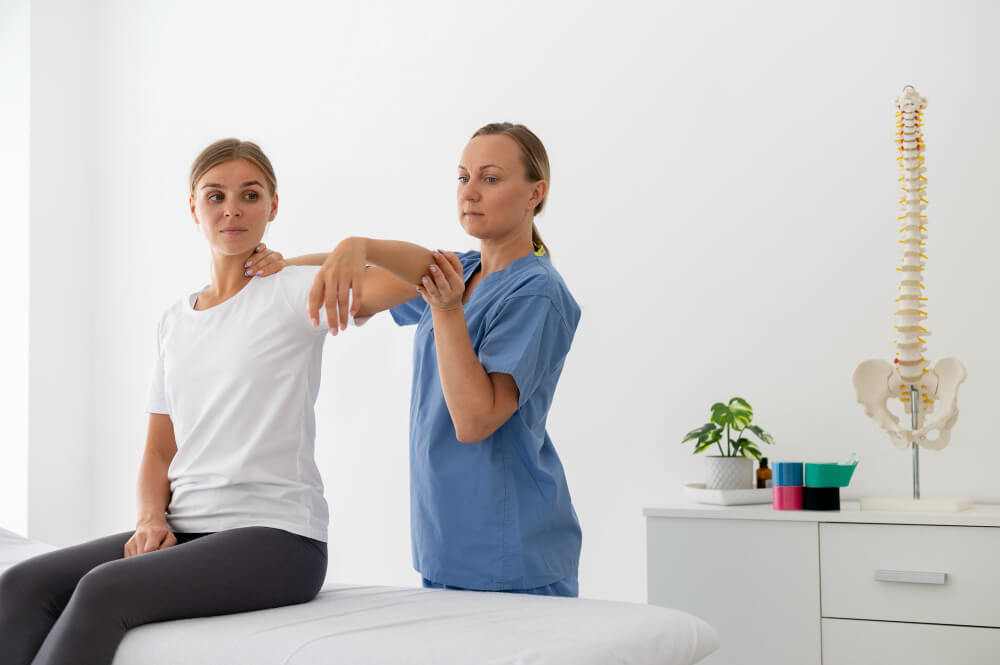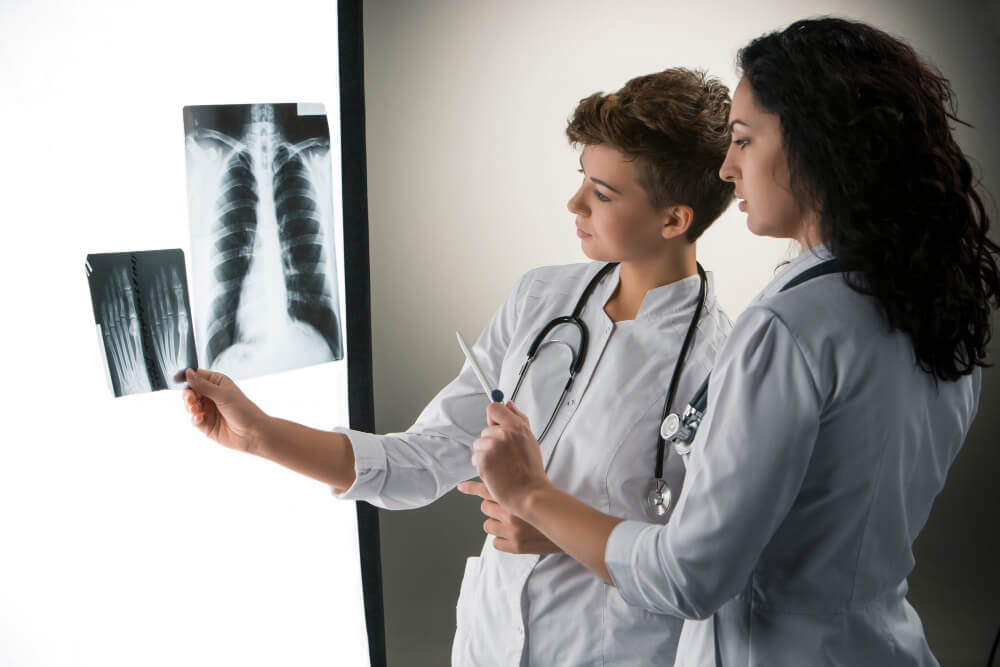Specialty Care Clinics: Expert Care For Orthopedic Conditions
Orthopedic conditions can affect people of all ages, from children to the elderly. These conditions can range from minor sprains and strains to more serious conditions, such as fractures, dislocations, and degenerative diseases. Specialty care clinics are equipped to provide expert care for a variety of orthopedic conditions.
Common Orthopedic Conditions
Some of the most common orthopedic conditions include:
- Fractures Broken bones.
- Dislocations Joints that have come out of place.
- Sprains and Strains Injuries to ligaments and muscles.
- Arthritis Osteoarthritis, rheumatoid arthritis, and other inflammatory joint conditions.
- Tendon and Ligament Injuries Tears or inflammation of tendons and ligaments.
- Sports Injuries Injuries related to athletic activities.
The Role of Specialty Care Clinics
Specialty care clinics offer a comprehensive range of services for orthopedic conditions, including:
- Diagnosis and Assessment Thorough evaluation of your symptoms and medical history to determine the underlying cause of your condition.
- Treatment Plans Customized treatment plans tailored to your specific needs and goals.
- Surgical Procedures When necessary, specialty care clinics can perform a variety of surgical procedures to treat orthopedic conditions.
- Arthroscopic Surgery Minimally invasive surgery using a small camera and surgical instruments.
- Open Surgery Traditional surgical procedures for more complex conditions.
Non-Surgical Treatment Options
In many cases, non-surgical treatments can effectively manage orthopedic conditions. These may include:
- Physical Therapy Exercises to improve strength, flexibility, and range of motion.
- Medications Pain relievers, anti-inflammatory medications, or corticosteroids to manage symptoms.
- Braces and Splints Devices to support injured joints or bones.
- Injections Corticosteroid injections or nerve blocks to reduce pain and inflammation.
- Lifestyle Modifications Changes to your lifestyle, such as losing weight or avoiding activities that aggravate pain.
Rehabilitation and Recovery
Rehabilitation plays a crucial role in recovering from orthopedic injuries and conditions. Physical therapy can help restore function, improve strength, and reduce pain.
- Post-Surgery Rehabilitation Following surgery, physical therapy is often recommended to help with healing and regain function.
- Gradual Return to Activity Gradually increasing your level of activity as your condition improves.
- Home Exercise Programs Exercises that you can do at home to continue your rehabilitation.
Preventing Orthopedic Injuries
There are several steps you can take to reduce your risk of orthopedic injuries:
- Proper Form Use proper technique when performing physical activities to avoid strain on your joints.
- Strength Training Strengthening the muscles around your joints can help prevent injuries.
- Flexibility Exercises Regular stretching can improve flexibility and reduce the risk of injuries.
- Adequate Rest Ensure you get enough rest and sleep to allow your body to recover.
- Proper Equipment Use appropriate equipment and protective gear when participating in sports or other activities.
Orthopedic conditions can significantly impact your quality of life. Specialty care clinics offer comprehensive care for a wide range of orthopedic conditions, from fractures and sprains to arthritis and degenerative diseases. By seeking expert care and following your treatment plan, you can improve your mobility, reduce pain, and regain your independence. Schedule an appointment with our Orthopedic specialists https://specialtycareclinics.com/

